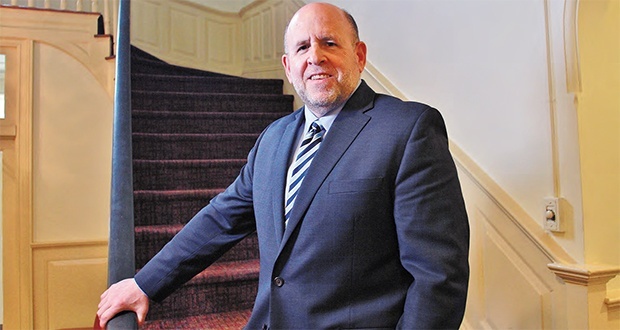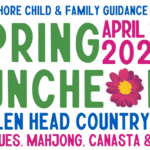In 2018 I released the results of a research study that I organized on the barriers people face finding timely access to quality mental health care. The study entailed soliciting Long Islanders’ experiences regarding their difficulty or success in accessing care.
One of the findings was that as the result of health insurers paying substandard rates of reimbursement for mental health care as compared to physical health care, many providers were driven away from accepting consumers’ private health insurance. The consequence is that someone seeking help has to either pay unaffordable rates out of pocket or keep looking when the volume of providers accepting insurance is shrinking.
The study led to press coverage, which prompted an unexpected phone call from a young woman in her early 20s who introduced herself as Nicole Nagy. She told me that she saw a clip about the project on News 12 Long Island and that she could relate to what we found in the study. She went on to tell me a little bit about herself – that she had been living with mental illness since her early teen years and that she had written a book about it. She said she called me because, “I want to get involved in some way.”
I asked Nicole if she would be open to meeting with me to have a longer conversation to which she agreed. I said, “But before we meet I would really love to read your book.” I asked her for the title and where I could buy a copy. We set a date to get together and I ordered her book.
It was a distinct privilege to read Nicole’s “Creative Mind.” Although the subtitle of her extraordinary book is “A Diary of Teenage Mental Illness,” it could have been more aptly subtitled, “A Diary of Teenage Innocence, Angst, Courage, Resilience, Humor, Heart, Tenacity, Mental Illness and Much More.”
I sailed through Nicole’s moving memoir. which was in equal parts heartbreaking and uplifting. She tells the story of living with an illness of the brain, while navigating the worlds of peers, family, school, work and therapy. The memories and reflections she shares are presented with transparency, uncompromising honesty and a healthy helping of good humor given the grueling subject matter.
On Page 31 Nicole writes about when she first came to grips with what was going on with her. “The doctors told me that anxiety is a part of depression or it had developed into it. People always say that with depression there is anxiety and vice versa. To know I finally had a reason to be feeling this way was comforting and taking medication could help me feel less depressed. I felt better knowing that I wasn’t some crazy kamikaze pilot flying off course and actually had some illness.”
It is so important when one is living with an illness of any kind to have a proper assessment and diagnosis. It is the uncertainty, the not-knowing what’s wrong that compounds one’s stress. And the strain for people living with mental illness is intensified as the result of the associated stigma and discrimination that most people with physical illnesses do not have to contend with at the same time they are working toward recovery.
More than a memoir, Nicole’s story is a declaration that we can all join the fight against stigma and discrimination. As she said, “I believe that if people share their own personal testimony of dealing with mental illness, or any type of struggles, then the world will be smarter about this stuff and do a better job of fixing it.”
Nicole is a role model – a caring young woman who has been through a lot, yet she walks the walk with her head high when it comes to advocating for change. After our initial get together she became an ombudsman for timely access to care and met with a number of local New York state legislators in the process, urging them to support the enforcement of federal mental health parity laws that were designed to improve access to care.
In the last paragraph of “Creative Mind,” Nicole celebrates her exhausting journey that led her to graduate school to study social work. She concludes her diary with this line, “This is not the end of me, this is just the beginning.”
I highly recommend “Creative Mind” to teens, young adults, college students, parents, teachers, pediatricians, counselors and anyone else who cares about young people. This is a memoir that is filled with honesty, humanity and hope; and, which will leave a lasting impression.
Andrew Malekoff is a New York State licensed clinical social worker.
















